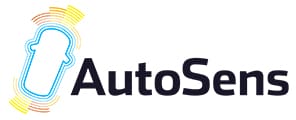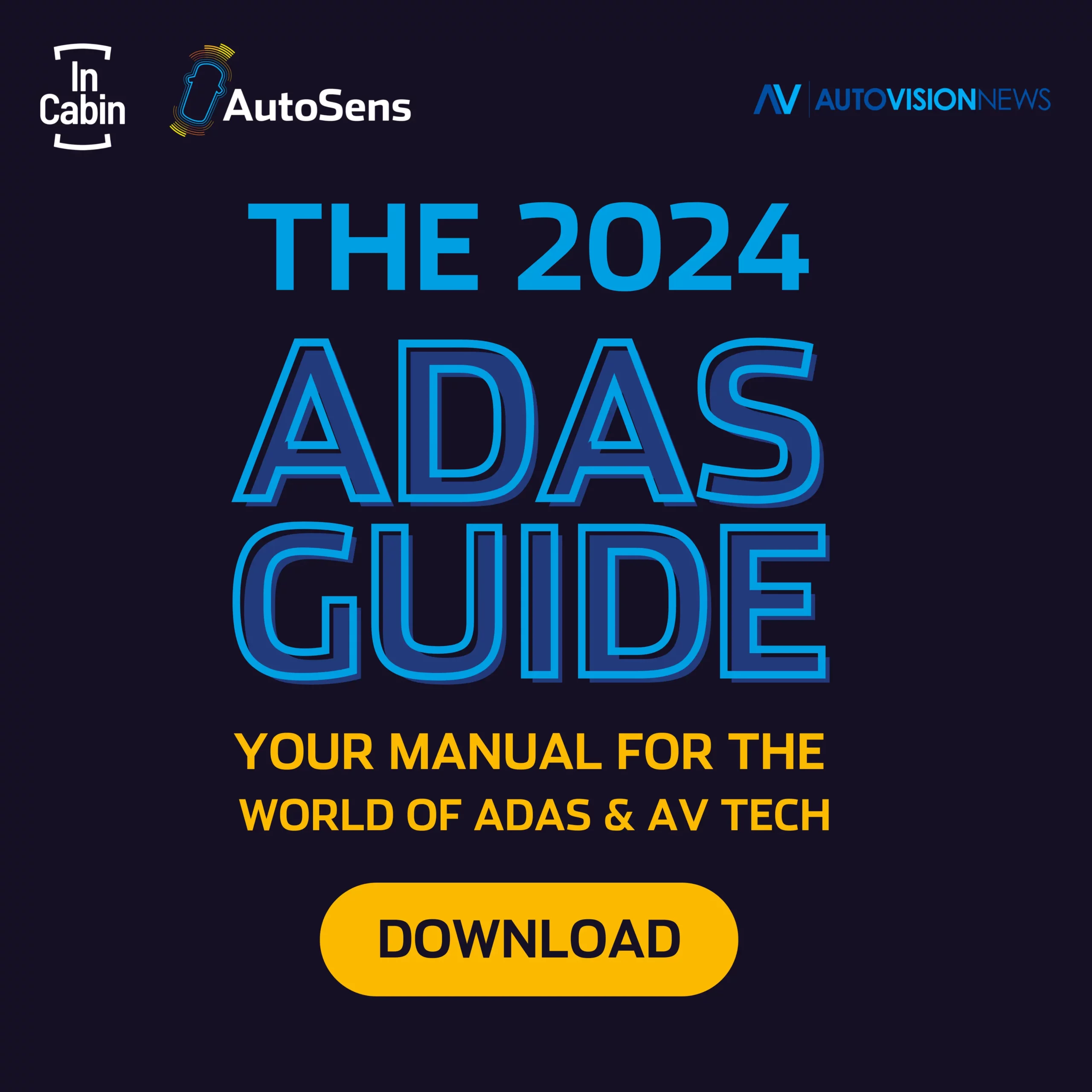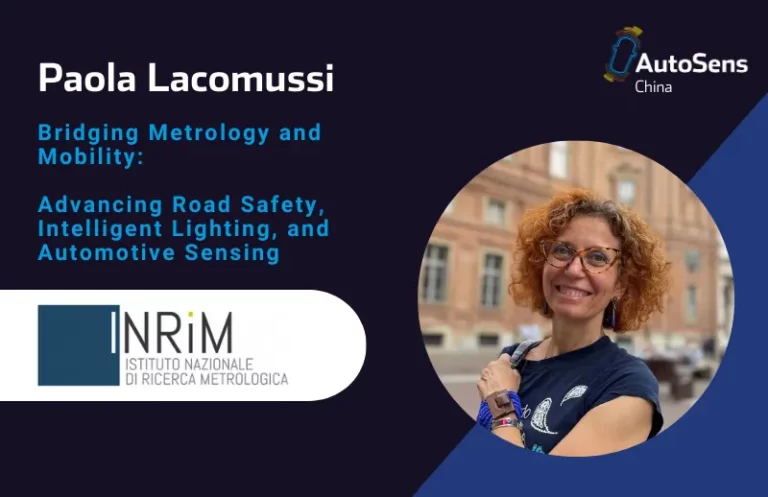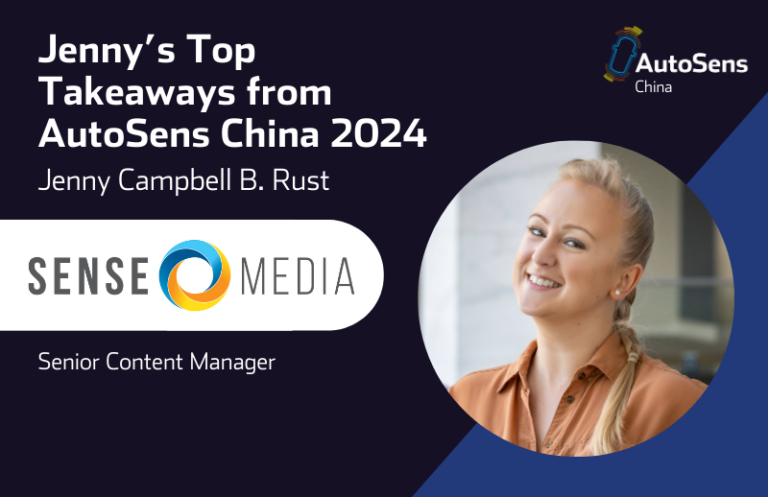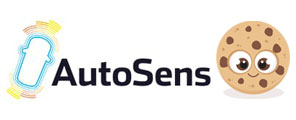“Paper is our main product” – so I heard at last month’s meeting of the Open Auto Drive Forum just outside Chicago. This was a cheerfully honest assessment of the group’s purpose and goal, to investigate, develop and ratify standards within the field of autonomous vehicles.
The group’s 7th meeting was an opportunity to explain to existing and new consortia members, as well as local automotive technology businesses, some of the activities, particularly in relation to this rapidly evolving area, where the development and deployment of technology is suddenly outstripping the available structures and methods to communicate, test and agree on robust approaches.
The OADF is comprised of a number of other consortia, including – most relevant to the AutoSens community, the well-established ADASIS and the much newer SENSORIS groups (these are complemented by other groups, including NDS, TISA and ISO TC 204). Memberships are reflective of the universities and commercial organisations working in these fields, and many of whom are engaged in the AutoSens community as well.
It is a particularly interesting example of standards development process as the group has sought out technology sub-sectors which have traditionally not talked to one-another, even within the same companies. Where a sensor team might not talk to an infotainment team, an ADAS team might equally not consider talking to the navigation systems team, or the experts who deal with traffic information systems or human factors. With the connected and increasingly automated car, those barriers should be broken.
Image quality
Our own standards activity is now well known to most of our community, and particularly with our sizable community and experience (particularly with working group chair Robert Stead, our Managing Director) in the field of automotive camera sensors, it was quite straightforward to expect us to focus our public efforts on that. Over the past year, we have built consensus for and secured support from the IEEE Standards Association to develop and run the P2020 working group on Automotive System Image Quality, an activity which welcomes more than 100 companies’ involvement globally.
This is now well under way, and the standards development process has identified tasks, created specialised working groups and following another face to face meeting in Detroit last month, is making good progress. That group will convene again in Brussels in September, exactly one year after it was first proposed to industry.
Away from this work, we also try to keep in touch with other organisations, looking for insight or information to talk about standards – these include the Safety Critical Systems Club working group investigating safety aspects of autonomous control across land, sea and air transport, and The IET working group on autonomous vehicle standards, seeking to find gaps in existing standards provision.
Even the influential ISO 26262, first published in 2011, is under pressure, with its first major update (edition 2) expected early 2018, and a multitude of new aspects being signed off and tweaked right now.
[su_box title=”ISO 26262 update at AutoSens”]Dr Riccardo Mariani, Fellow in Functional Safety at Intel, will deliver a session on updates and developments in ISO 26262 at AutoSens Brussels.[/su_box]
Feeling lost?
If you’re already feeling a little lost with talk of standards and worry that it’s not relevant to you or you don’t have the resources to find standards that do matter to the technology, products or approaches you’re developing – don’t worry, you’re not alone. In fact, the UK’s British Standards Institute recently worked on a year long research project with Transport Systems Catapult to produce a standards strategy for autonomous vehicles in the UK, with much of the work focused on researching existing frameworks, methodologies and guidance.
This is free to download and provides some useful insights on standards which could apply, even if they are not written specifically for the task in hand, more often than not giving a ‘best fit’ which is adequate for the time being.
It’s not all about documents
Standards are about far more than paperwork though. They enable consensus-building for technology development, support interoperability and provide transferrable skills frameworks and critical checkpoints for system design that everyone can understand. The short term pain of administrators and endless document revisions and decisions by committee, even if it takes years, can be tremendously enabling for both industry and the academic eco-system which feeds researchers, technologists and recruits into it.
And it’s a huge collaborative effort – while societies and organisations such as ITS, ISO, IEEE and others provide a breadth of support mechanisms to build a consensus, hundreds of professionals from academia and industry support this work with in-kind support from their employers, often with considerable investments of time and money.
Thankfully, these meetings are driven by purity of thought, rather than commercial protectionism, by quality of process, rather than think about sales and marketing.
In that context, standards are a valuable meritocratic platform for engineers to talk to one another, and in that context, we are proud to be involved as a conduit for those conversations as well as to bring out and promote important topics we find among this work.
Actions speak louder than words
AutoSens has quickly established itself as the go-to event for engineers and professionals in the field of vehicle perception, for collaborative working, relaxed but productive conversations in a friendly and fun environment.
We think information needs to be delivered with passion, and enjoy supporting friends and colleagues around the industry to learn and evolve their own understanding as part of a wider, more empowering experience.
Join us at AutoSens and you too could make an impact beyond simply creating products or services, you are part of the community, after all – we all are.
